
The findings build on last year's discovery of the brain's own network of plumbing pipes - known as the glymphatic system, which carry waste material out of the brain. In tests on mice, the glymphatic system became 10-times more active when they were asleep.
I didn't realize the brain needed cleaning. I don't know how toxins build up there either. Probably on a 'need to know' basis.

My husband remains awake for most of the night, getting up, flinging himself back into bed only to experience bad dreams. I have no idea why he is so restless, whereas I sleep peacefully. Maybe we were born that way. I must assure you that his sleeplessness doesn't affect his behavior during the day. He's active and bright—much better than me.
And what about all the homeless people in the world? Apart from being excluded from the rest of society, they can't sleep well. They must be cold and uncomfortable as well as in danger and vulnerable. I couldn't imagine what it must be like to live a lonely life without a proper home.
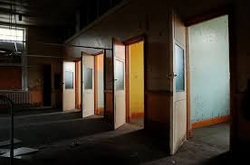 commons.wikimedia.org
commons.wikimedia.org Loneliness is on the increase for a variety of reasons, mostly because of the changing nature of society with families becoming split up as children move away. Nearly half of adults in the UK experience loneliness. That's a shocking figure, and seems to have increased dramatically in the last 10 years. Those particularly targeted are the elderly, with most reporting television as their best friend. Maybe sleep gives them comfort.
I leave you with a few words from William Shakespeare's play Hamlet.
' To sleep, perchance to Dream; Aye, there's the rub,
For in that sleep of death, what dreams may come,
When we have shuffled off this mortal coil ...'
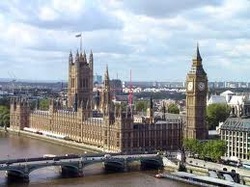



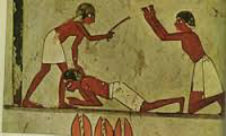
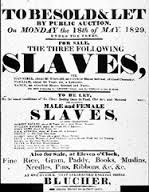
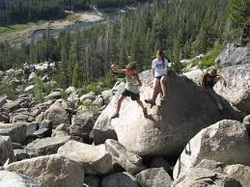
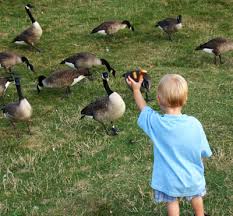
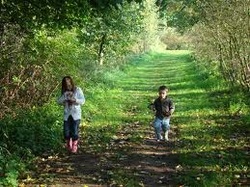




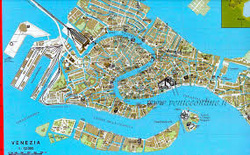


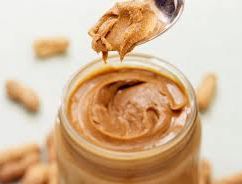





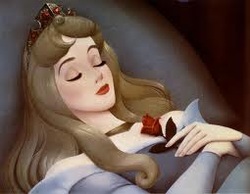

 RSS Feed
RSS Feed






